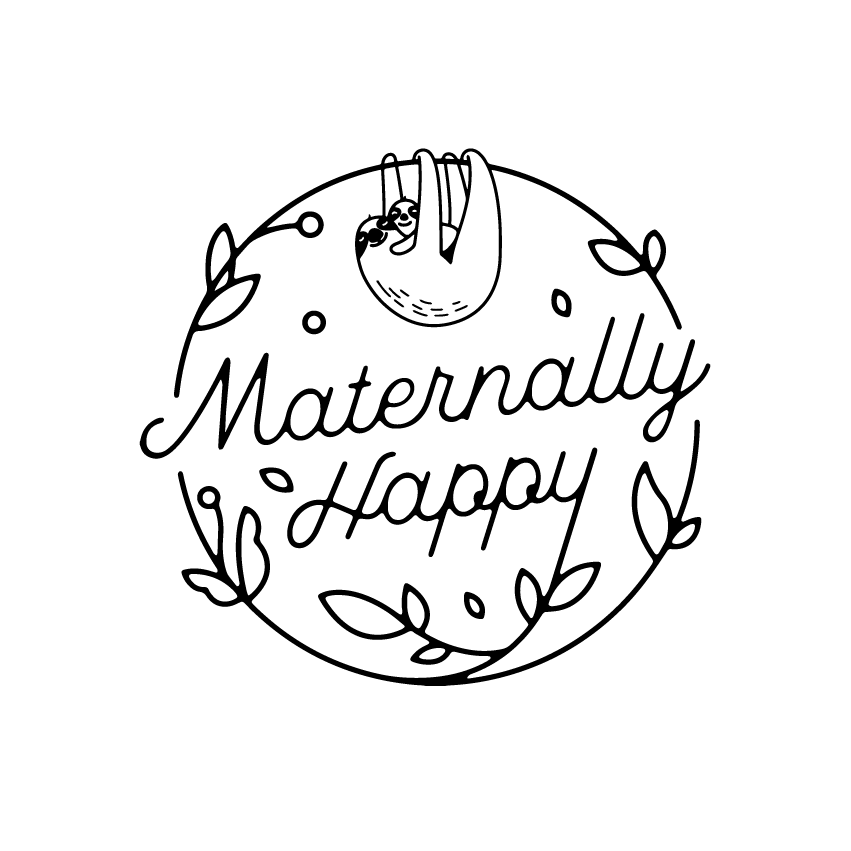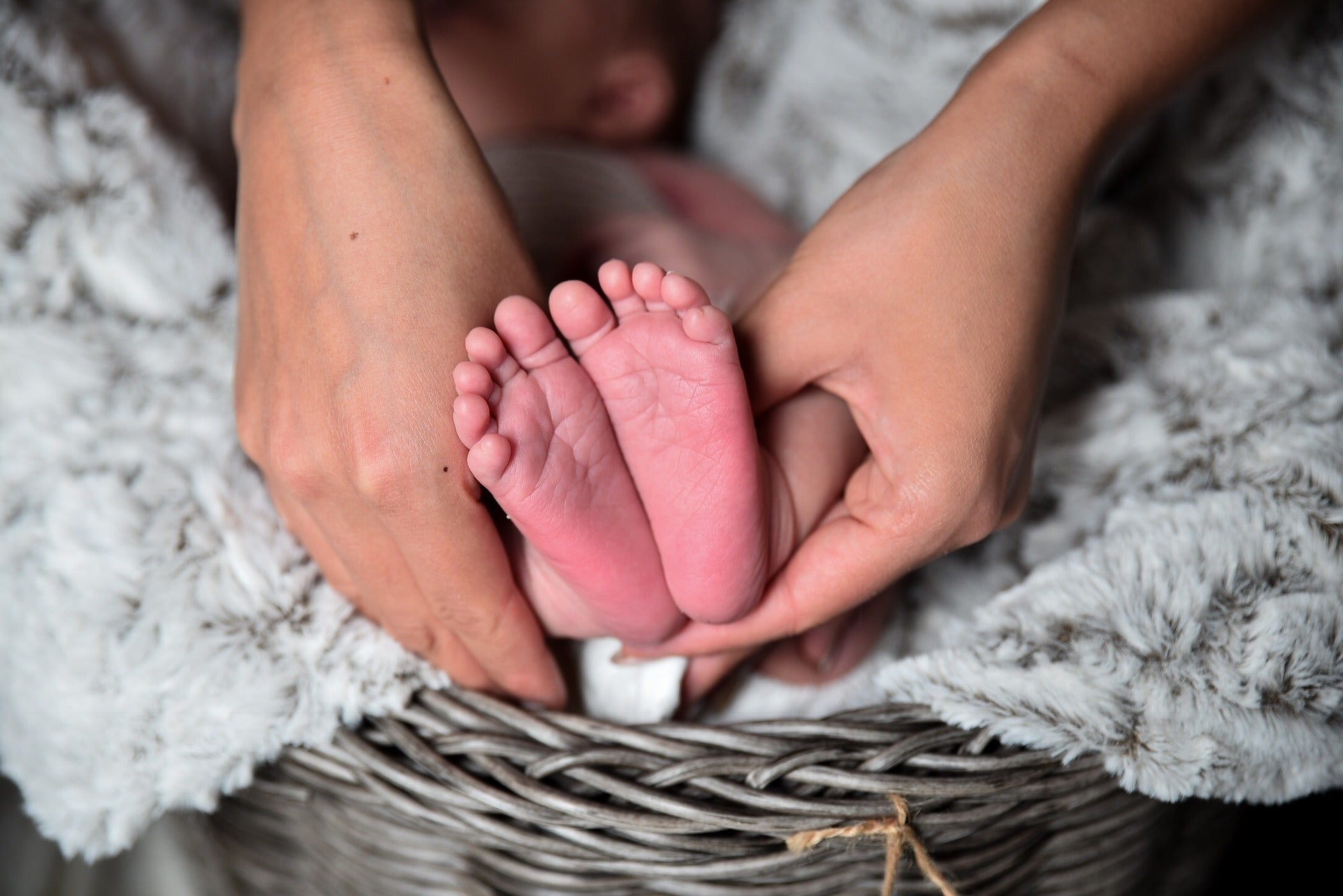



Article: Maternal health & the newborn microbiome

Our microbiome is comprised of microorganisms that live in a particular environment. The ‘gut microbiome’ is made up of trillions of microorganisms and their genetic material that inhabit our intestinal tract. These microorganisms, mainly comprising bacteria, are involved in functions critical to our health and wellbeing.
Understanding where our microbiome originates is as important as knowing our genetic risk of heart disease or cancer.
The development of our microbiome begins in utero when the fetus is exposed to maternal bacteria via the placenta. Your newborn’s immune system begins developing from about 20 weeks gestation. Colonisation of the newborn gut by beneficial maternal bacteria is important for the establishment and maintenance of the gut mucosal barrier. This protects the newborn from local and systemic inflammation as well as pathogens (microorganisms that can cause disease).
On the day your baby is born, microbiome colonisation begins to increase rapidly. Beneficial bacteria from the mother and environment colonise the newborns intestine, helping to digest food and strengthen their immune system. Their gut microbiome stabilises within the first 2-3 years of life, acquiring groups of bacteria that can persist for decades. Choices made by mum during preconception, pregnancy and in the postnatal period will lay the foundations for your little ones microbiome development and carry on into their adult life. The newborns microbiome is linked to brain development, asthma, allergies, obesity and more.
After 3 years of life the microbiome changes less drastically in response to external factors. Ecosystems cultivated on those foundations can be modified by our choices and circumstances. However, it may seem that in-utero and the first few years following birth determine the majority of the lifelong gut ecosystem.
We cannot always control the method of delivery, whether or not we can breastfeed and the timing of the delivery but we CAN control most of our environmental and lifestyle exposures. So let’s focus on the variables we CAN control and try to optimise our little ones gut microbiome through making healthy, educated and informed choices.

An imbalance of bacteria (dysbiosis) in pregnancy can increase the risk of pre-eclampsia, gestational diabetes mellitus (GDM), preterm labour and infection.
As we now know, the baby’s gut microbiome will begin to be determined in your prenatal period all the way through to your postnatal period. So how can you optimise your baby's biome?

Consuming prebiotics and probiotics during pregnancy, breastfeeding, and your postnatal period appears to be a safe and practical method to alter the maternal and neonatal microbiome, thus improving pregnancy and neonatal outcomes.
Interesting fact: There is a strong hereditary component to infant eczema: if both parents have a history of eczema the newborns risk is 60–80%. Studies have shown that mothers who boost their probiotic intake during pregnancy, can reduce their child’s risk of allergies, such as eczema and asthma by up to 60%!
Your baby's microbiome is predominately developed by 2-3 years of age. It is important to remember that we cannot always control the method of delivery, whether or not we can breastfeed and the timing of the birth but we CAN control most of our environmental and lifestyle exposures. So let’s be proactive, focus on the variables we CAN control, and try to optimise our little ones gut microbiome through making healthy, educated and informed choices.